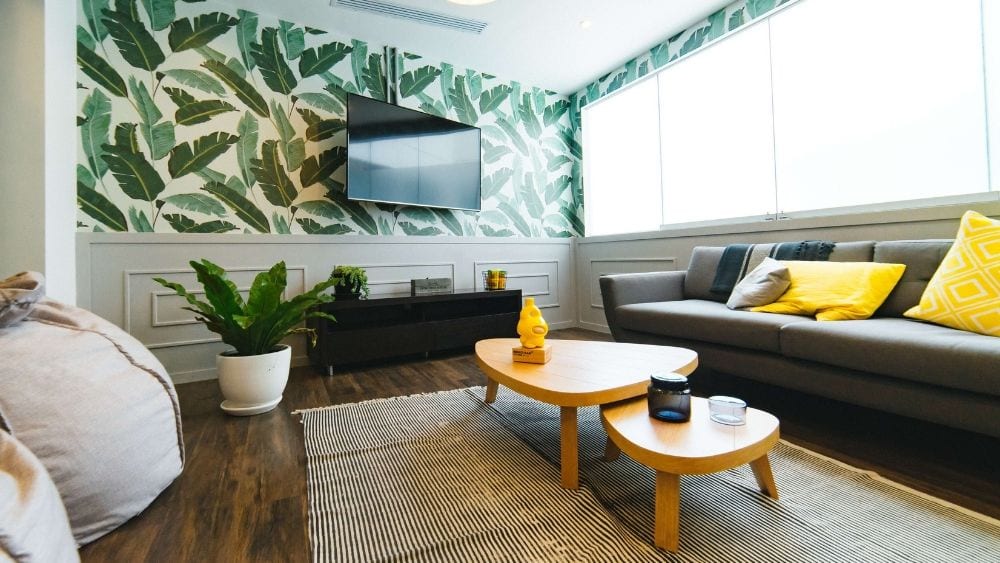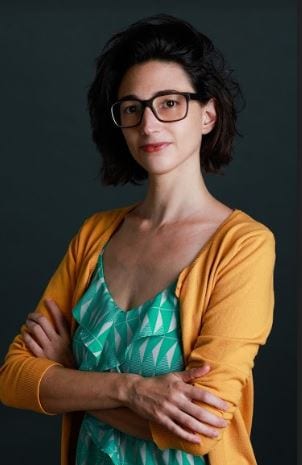
So now that you’ve decided to hire an interior designer, it’s important to hire the right one. In this article, we review what to look for and what questions to ask (of yourself and your potential designer) to make sure you hire someone who is well suited to you and your project.
Full-service interior designers offer a wide range of services, including site measurement and assessment, space planning, design consultations and concepts, purchasing, contractor hiring, and project management. You may not need all of these services, but it’s good to be aware of your options. Before we dive into the questions, let’s go over some interior design project basics.
FAQs: Hiring an Interior Designer
Whether you’re looking to revamp your living space or create a stunning office environment, enlisting the expertise of an interior designer can bring your vision to life. Here are some basic tips to help you find and hire the best interior designer.
Should You Hire Interior Designer Early?
When building or remodeling, it’s crucial to hire an interior designer early on. They do more than just decorate; interior designers play an influential role on the spatial design and functionality of your home, going beyond furniture placement.
By involving an interior designer early on, you can benefit from their expertise in optimizing space, ensuring a seamless integration of aesthetics and practicality. They might even collaborate with architects and contractors, create floor plans, and consider factors like lighting, ergonomics, and traffic flow.
How Much Does an Interior Designer Cost?
Before meeting with an interior designer, it is helpful to know something about fees and possible fee structures. Some designers charge by the hour (likely $125–$150/hour), and some charge a flat fee per project. Some charge a flat fee for most of the project, along with an hourly rate for add-ons.
If a designer charges “cost-plus,” that means they add a markup on the materials and furnishings (which they are able to purchase at a discount).
You will still most likely pay less than retail, and certain products may only be available to industry professionals. Some designers might charge a percentage of the actual project costs. Most interior designers will charge a retainer fee, which can be applied toward your total invoice or used to purchase items for your project. The fees and fee structure should be clearly stated in your contract.
Should You Create a Mood Board?
Create a Pinterest board in advance of any meetings to give your interior designer a clear understanding of the look and feel you’re going for, what colors you love, and any particular materials or pieces you want to incorporate. Fabric and paint samples are also helpful.
Questions to Ask Yourself
Before you even casually speak with an interior designer about your project, there are a few questions you need to ask yourself. A designer will also ask you these questions, and it’s a good idea to do your thinking in advance and be prepared.
- What pieces must be incorporated?
It is possible you already have furniture, accessories, or other design elements you definitely want to keep and include in your new interior. Prepare a list so nothing is forgotten. - How will the space be used?
Will it be a heavily trafficked space or will it mainly be used for formal occasions? Does it need to be kid- and pet-friendly? Does it need to serve multiple functions (for example, as an office and a spare bedroom, or for prep and entertaining)? - Does the designer’s work resonate with you?
According to Sasha Adler of Sasha Adler Design, “I always tell our clients when they look at our portfolio that it may not be exactly how they want their home, but there should be something that resonates: They like the vibe of it, or they like the way things are put together, or the overall eye through which the designer presents everything.” If there isn’t a bit of “love at first sight,” then the designer isn’t right for you. - How much can you spend?
Not all designers will be in your price range, which will help narrow down your options. Having a budget in mind will also give your designer a realistic idea of what they can accomplish, which, in turn, will help them set realistic expectations for you.
Questions to ask Interior Designer
Practical questions are essential, but you don’t have to limit your questions to practicalities. Lauren Buxbaum Gordon, of Nate Berkus Associates, states: “I think you should really put them on the spot and say, ‘What ideas do you have for my home? How can I live better and more comfortably? How do I make this home feel like a home my kids will want to return to?’ ”
- May I see your portfolio?
Even if you have already seen their portfolio online, it’s helpful to get the stories behind the projects. - Where did they study and are they part of any professional associations?
This will help you determine how credible and professional they are. - May I speak with your previous clients?
Yes, you’ll have some homework to do! Call up previous clients to get the inside scoop on what it was like to work with a specific designer and how it has been for them to live with the design after the project was completed. - What is your fee structure?
Some interior designers will charge by the hour, while some charge a flat fee per project. Some charge a flat fee for most of the project, along with an hourly rate for add-ons. - How is your company organized?
If you’re checking out a large design firm, find out who will actually be working with you on your project. If the firm has more than one person, who worked on the portfolio projects you most like? - Do you manage the entire project?
It’s important to know up front what level of involvement will be expected of you as the homeowner and what is included in the cost of the project. Interior designers often have an extensive network of contractors and suppliers, as well as the experience and expertise to get the job done well. - How long does a project like this usually take?
This helps you set realistic expectations, as well as plan around any important dates.
These questions (and their answers) are important for determining if a designer is right for you.
Also pay attention to how you feel about this person during the interview. If you find them annoyingly cheerful, overbearing, or snooty, it will only get worse as the project goes on. If there are other adults in the household who are decision-makers, be sure to include them in the interview. It’s important for all of the personalities to be a good fit!
Finally, when hiring an interior designer, keep an open mind. You may be skeptical of some ideas at first, but humbly remember the professional may (possibly?) know more than you on this particular subject. Obviously, if you know an idea is not for you, trust your instincts. Otherwise, take some time to mull it over. Interior design is part science, part art, and part instinct. Don’t be afraid to give a design idea outside of your comfort zone a try.

For the last 16 years, Rachel Kinbar has been a writer of articles, blog posts, white papers, essays, infographics, web copy, sales copy, scripts, poetry, lyrics, and more. She has keen research skills that she applies to a wide variety of topics, and she especially loves topics related to design, history, and sustainable living.

 10 Must-Follow Interior Designers on Instagram
10 Must-Follow Interior Designers on Instagram